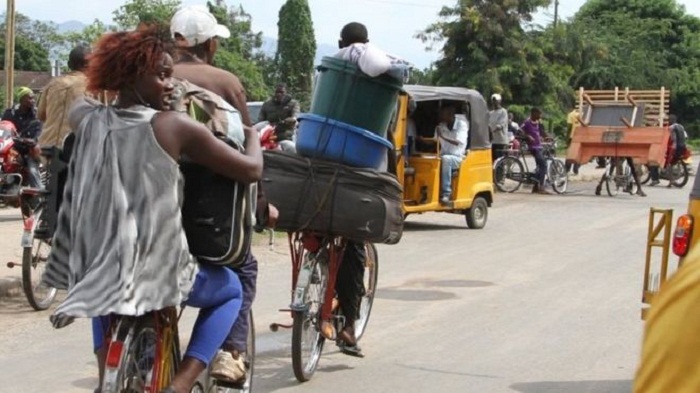The EU says it will evacuate temporarily its employees` "families and part of the non-essential staff".
The cycle of violence began with protests against President Pierre Nkurunziza`s bid for a third term.
At least 240 people have been killed there since the demonstrations began in April.
There are fears of a Rwandan-style genocide in Burundi, which also has a history of tensions between Hutu and Tutsi ethnic groups.
UN resolution
In a statement on Friday, the Belgian foreign ministry said: "We advise Belgians who are currently in Burundi and whose presence is not essential to leave the country as soon as normal measures allow."
Meanwhile, the EU ambassador to Burundi, Patrick Spirlet, told Reuters that the "rising risk of violence" had prompted the EU mission in the capital Bujumbura to reduce some staff.
However, he stressed that "the delegation will continue functioning normally".
These measures come a day after the UN Security Council unanimously adopted a resolution strongly condemning the escalating violence.
The French-drafted resolution also paves the way for a possible deployment of blue-helmeted UN peacekeepers.
It requests that Secretary General Ban Ki-moon reports within 15 days on options for increasing the UN presence in the impoverished African country.
UN officials are considering a number of alternatives, including rushing in peacekeepers currently deployed in the Democratic Republic of Congo, says the BBC`s Nick Bryant.
But that would require another vote in the Security Council.
In April, Mr Nkurunziza argued that his first term as president did not count towards the constitutional two-term limit as he was chosen by MPs.
Mr Nkurunziza was duly re-elected with 70% of the vote in July.
More about:
















































